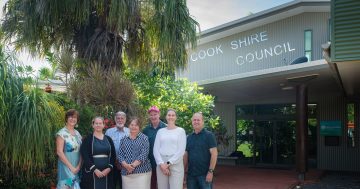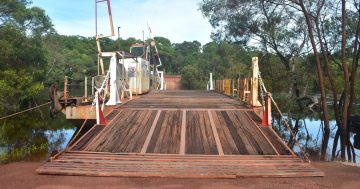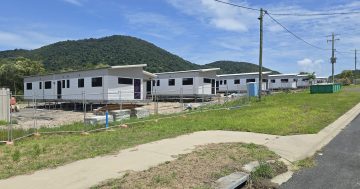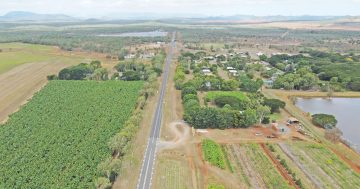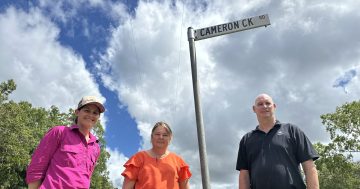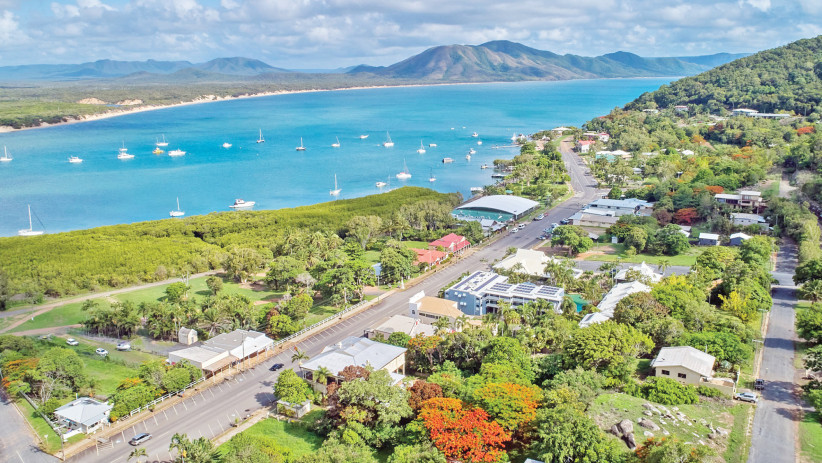
A DEVELOPER at loggerheads with Cook Shire over infrastructure charges he claims should be waived says he will take his money elsewhere if the council doesn’t meet his demands.
Cook Shire Council approved Hongyu Feng’s 12-unit development in December but declined his request to waive $46,000 in infrastructure charges.
“I don’t expect Cook Shire to pay for the construction costs, but just to show support to help solve the housing crisis,” Mr Feng toldCape York Weekly.
“At the end of the day, I’ve got to look at whether I spend my money where I get no support.”
Mr Feng is also developing in Brisbane and said until the infrastructure fees were waived in Cooktown, his money would continue to be focused on the south-east.
“As we speak I continue to put more money into Brisbane,” he said.
“When we finally get (the infrastructure fees waived) from council, all this will be on hold then if I have run out of funds.”
Cook Shire mayor Peter Scott said council was very supportive of developers, with the infrastructure charges Mr Feng wanted waived already among the lowest in the region.
“Offering some of the lowest infrastructure charges in the region is an incentive to encourage development,” Cr Scott said.
“In the last 12 months we have approved development of 32 new dwelling units for Cooktown alone; this doesn’t include the additional 40 currently being proposed by the state government.”
A report to the council’s November meeting showed the $15,600 infrastructure fees charged by Cook Shire for four two bedroom units was less than half what was charged in Mr Feng’s home town of Mareeba and neighbouring Cairns, while Tablelands Regional Council’s fees for the same development would be $49,500.
Cr Scott said infrastructure fees for multiple dwelling developments were used for maintenance and upgrade of infrastructure only.
“Multi-dwelling developments mean more people living within an area,” the mayor said last week.
“The extra demand on services means that existing infrastructure needs more maintenance, upgrades or replacement sooner and our infrastructure charges are dedicated to ensuring that any existing trunk infrastructure can accommodate the extra demand and contribute towards the ongoing cost of maintenance.”
Cr Scott said the council was reviewing when and how infrastructure charges were applied.
“The review will determine the potential impact of any waiver or reduction of infrastructure charges, as the fees are about ensuring continuity of services to our growing community, now and into the future,” he said.


